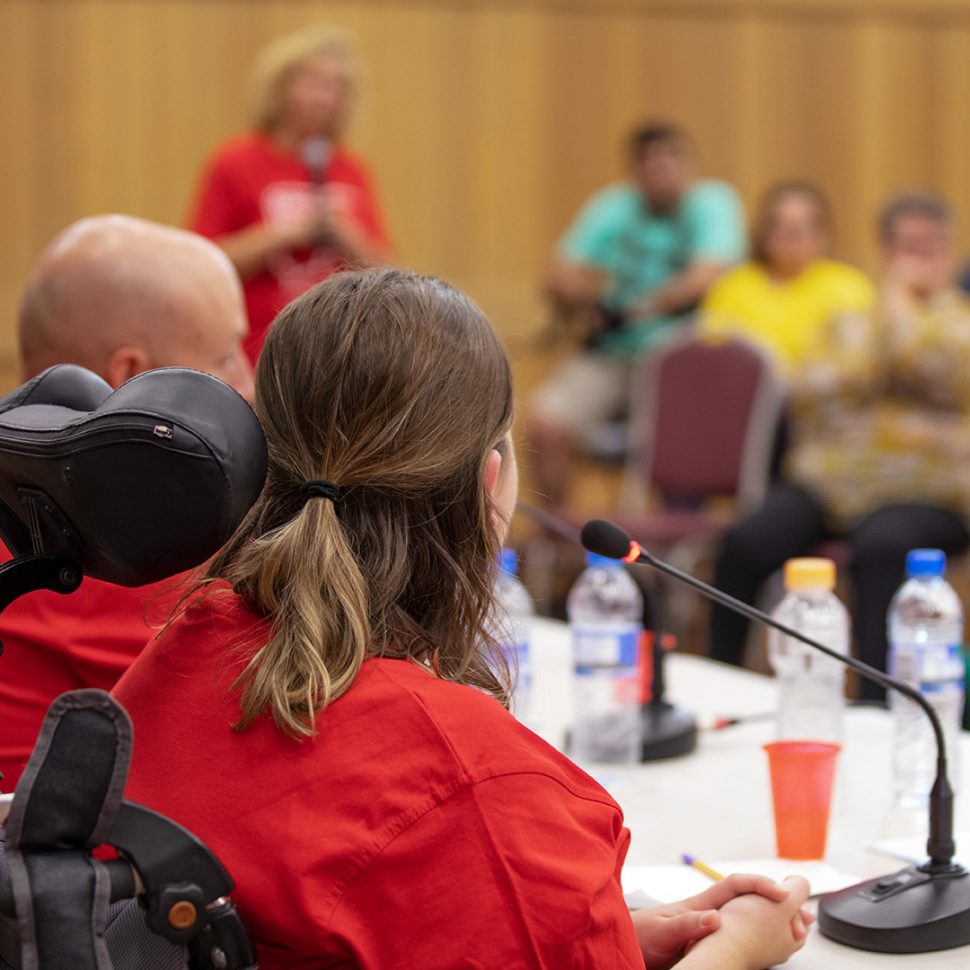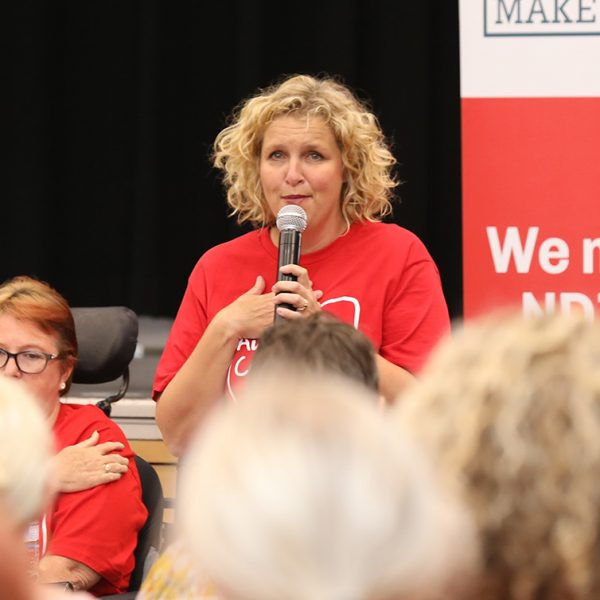Pandemic experience shows the NDIS is still not working like it should

“Please stop making this so hard. We are bruised and fragile already, COVID has made us even more vulnerable, and then we have to fight against the very service that is meant to be helping us. Please stop making our needs a battleground, stop assuming we are somehow trying to swindle services we don’t need, and just let us have the NDIS that we were meant to get.”
The coronavirus pandemic has upended the lives of many, many people in the Australian community.
Jobs lost, businesses closed, livelihoods threatened. Weddings postponed, birthdays cancelled, friends and family missed.
And all across Australia people are grieving as the death toll continues to grow.
But as much as the pollies like to tell us we are all in this together, the real truth is that we are not. There are some groups in the community who are disproportionately affected by this virus and its consequences.
One of those groups are people with disability.
The virus poses a particular risk to people with disability. For some it is because their disability or health condition leaves them more vulnerable to illness – even death. Others are completely reliant on disability support every single day. Support to get out of bed, to shower or to eat. As a result, they can’t self-isolate or socially distance. For some it is both of those things combined.
But for everyone there is also a real concern that the systems that should protect them and help them are the very things that will let them down. That’s not an overstatement – that’s a concern born of bitter experience.
Many people with disability and their families live pretty precariously balanced lives at the best of times. There are daily challenges big and small that can make life incredibly difficult.
Throw in a global pandemic and life in lockdown and many of these delicately balanced lives were thrown into complete turmoil.
Every Australian Counts is the grassroots campaign that fought for the introduction of the National Disability Insurance Scheme. We are a community of people with disability and their families who are still fighting to make sure the scheme works for everyone who depends on it.
In May and June this year we ran a survey to find out how people were coping during the first wave of their pandemic.
More than 700 people responded. And the stories that they told us, like the one above, were absolutely heartbreaking. But sadly, not surprising.
People told us that despite the very real challenges they were facing they felt forgotten by the Australian government and the community.
Almost 50 per cent of people with disability lived below the poverty line before the pandemic began. The extra costs they were juggling – important things like gloves and masks to keep themselves safe and well – were costs their budgets could not afford. People talked about going without food.
And when it came to the NDIS, many people were grateful for the support. But for others help did not arrive – or did not arrive when it was most needed.
The NDIS is pretty complicated and confusing at the best of times. Navigating that maze in the middle of pandemic added yet another burden to people who were already stressed and overwhelmed. And for some it stood in the way of them getting what they needed to stay safe and well.
But the results of the survey also showed one other thing. That people with disability and their families are incredible grateful to the Australian government and the Australian people for getting behind the NDIS. For many it has changed their lives.
But it is still not yet working the way it should. And in the middle of a global pandemic its shortcomings have been laid bare.
And given this is all far from over, it’s time to make sure people get the support they desperately need.
Kirsten Deane is the Campaign Director of Every Australian Counts. You can read the full report “Left out and locked down: The experiences of people with disability and their families during COVID19” on the EAC website – www.everyaustraliancounts.com.au
This article originally appeared in the August 22 Canberra Times.


Join the conversation